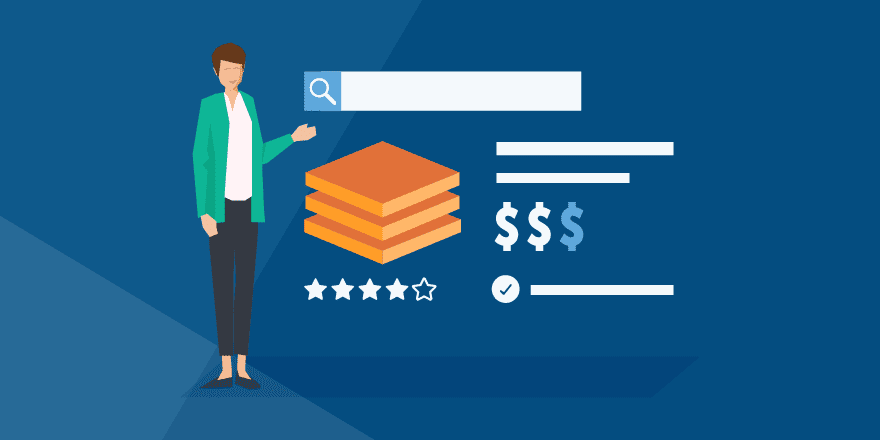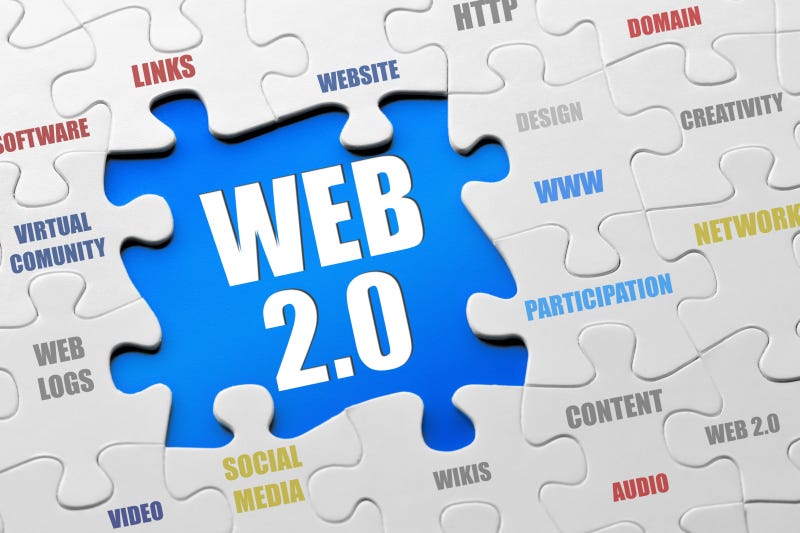Every business relies on effective customer communication. Communication does not merely convey information; it also inspires confidence, enhances credibility, encourages participation, and generates loyalty. How do you ensure effective communication in today's global, high-tech, and rapidly changing business environment?
THE BENCHMARK - FACE-TO-FACE
Face-to-face communication is without question the most effective method for the majority of people. Why? Due to its bidirectional nature. It focuses on dialogue. Listeners are not passive participants. When someone communicates with us, we send them a continuous stream of responses. Several are verbal, but the majority are not. These responses have the ability to alter the message being conveyed by the speaker. Moreover, they have the ability to influence how other listeners interpret the message. (Likewise, other listeners have the ability to alter your interpretation.)
The global nature of business, however, makes it impossible to conduct face-to-face meetings for every communication. Therefore, what options exist? Specifically, what choices does technology provide?
EMAIL - THE STARTING POINT
Numerous and well-known advantages of email include (but are not limited to):
•Email is an effective means of disseminating information to individuals. It is efficient and economical.
•It is very convenient to converse across time zones.
•It gives an electronic paper trail that is helpful.
•It may save a large lot of time since most of the social pleasantries surrounding a phone conversation are unneeded with email.
•It enables receivers to read and react to communications at their own convenience.
•An email's syntax, grammar, and punctuation may be reviewed and modified before to sending.
But email does have its limitations:
•The absence of social graces is a double-edged sword. Without the advantage of additional communication indicators, it may be difficult to evaluate the tone of an email, resulting in unclear messages.
•It is not well suited for critical discourse. Emails are not "real-time" contact for many individuals. We all have unanswered emails in the bottom of our inboxes. Emails are often forgotten because they are so simple to disregard.
Ironically, the efficacy of email's transmission has been one of the greatest obstacles to its communication effectiveness. Due to the anonymity and ease of sending emails, our inboxes are now swamped with SPAM. Emails are thus treated with considerable skepticism. It might be difficult to detect valid emails, but deleting them is a simple process.
•Because email senders are often geographically (and frequently culturally) remote from their receivers, they lack instant visual and auditory signals to assist them in customizing the message as they write.
However, there is no need to "throw the baby out with the bathwater." Email is a great option for a variety of communication purposes. And for those it is ill-equipped to manage, there are newer, better-suited technologies...
WEB 2.0 TECHNOLOGIES - THE PERFECT SUPPLEMENT
Web 2.0, a phrase created by the American media corporation O'Reilly Media in 2004, refers to a second generation of internet-based services that enable individuals to cooperate and exchange information online in novel ways.
The website www.wikipaedia.org provides a comprehensive definition of Web 2.0 technologies, which implies that these sites let its users (members) to produce and share material, including investigating and debating ideas, views, projects, and concerns. Web 2.0 focuses on communication. It is the transformation of the internet from an infinite repository of static pages to an infinite universe of conversations. These pages may be limited to certain persons (for example, the executive) or made available to all members. The only difference is that the interaction occurs in cyberspace, and participants can be seated behind a keyboard virtually anywhere on earth.
Importantly, the reader's comprehension of the content in a Web 2.0 communication is not only impacted by the publisher, but also by the audience's replies (e.g., comments). Moreover, the publisher's actual message tends to be somewhat more fluid since it, too, is influenced by the audience's reactions. In other words, Web 2.0 services more closely resemble face-to-face interactions than any previous communication tool.
Then, what are these developing technologies that we should monitor? The most prominent are 'Wikis' and 'Blogs'. The following definitions are from http://www.wikipedia.org, a wiki-based online encyclopedia.
•Wikis - A wiki is a sort of website that enables users to quickly add, delete, and modify material in various ways. This simplicity of interaction and operation makes a wiki an ideal collaborative writing tool. Wikipedia (wikipedia.com) and wikiwikiweb (http://www.wikiwikiweb.com) are examples.
•Blogs - A blog, often abbreviated to blog, is a sort of online diary or journal that enables users to express their opinions. Frequently, blogs provide comments or news and information about a certain topic. A typical blog includes text, photographs, and connections to other blogs, websites, and media. Blogs are often text-based, but may also include images, audio, or video (podcasting). Blogs may be presented in a manner that facilitates user interaction. See the Sydney Morning Herald travel blog as one example.
THE USES OF WEB 2.0
As with in-person social gatherings and forums, online gatherings attract a diverse range of participants eager to engage, entertain, befriend, advise, and lecture.
The Australian (Tuesday, 8 August 2006) reported that the United States Government has recently embraced the social computing aspect of Web 2.0. The US State Department has begun distributing public information using blogs and other Web 2.0 concepts. It is also using wiki-style services to enhance information by allowing local expert groups to enhance advisory services.
The same article said that the Australian Government Information Management Office, the premier information advising agency in Australia, has started experimenting with blogs, wikis, and other Web 2.0 technologies.
As new online social networks proliferate, they become more specialized, making them perfect for membership-based organizations and the nonprofit sector. MySpace, Classmates, and Bikely are examples of general-audience social networks.
OTHER USEFUL TECHNOLOGIES
•SMS - Brief Message Service (SMS) is a service accessible on the majority of digital mobile phones (and other mobile devices, such as a Pocket PC, and sometimes desktop computers) that enables the transmission of short messages between mobile phones, other portable devices, and landline telephones.
•Podcast - Podcasting is the process of disseminating multimedia content, such as audio or video programs, across the Internet utilizing syndicated feeds, for playback on mobile devices and personal computers.
•Webinars - Web conferencing is used to conduct online group meetings and live presentations. In the early years of the Internet, the terms "web conferencing" and "computer conferencing" were frequently used to refer to group discussions conducted within a message board (via posted text messages). However, the term has evolved to refer specifically to "live" or "synchronous" meetings, whereas the posted message variety of discussion is known as a "forum", "message board", or "bulletin board." A webinar is a seminar that takes place via the Internet. This is a kind of online conferencing. In contrast to a Webcast, which is the unidirectional delivery of information, a webinar is interactive between the presenter and audience. A webinar is "live" in the sense that information is conveyed based on an agenda, with a beginning and end time. The majority of the time, the presenter may talk over a conventional telephone line while pointing out facts shown on the screen, and the audience can answer using their own telephones, ideally speakerphones. Although Webinars are not necessarily considered Web 2.0, they may be a valuable vehicle for information delivery and debate inside membership-based groups, and SMS can send essential or urgent confirmations.
CONCLUSION
Email is, and will continue to be, a very useful and handy means of communication. In truth, email is enhanced by the advent of new technologies that are either more direct, more immediate, or more similar to face-to-face communication. As organizations augment their email use with other communication platforms, email will be increasingly reserved for optimally suited conversations.




.jpeg)
.jpeg)